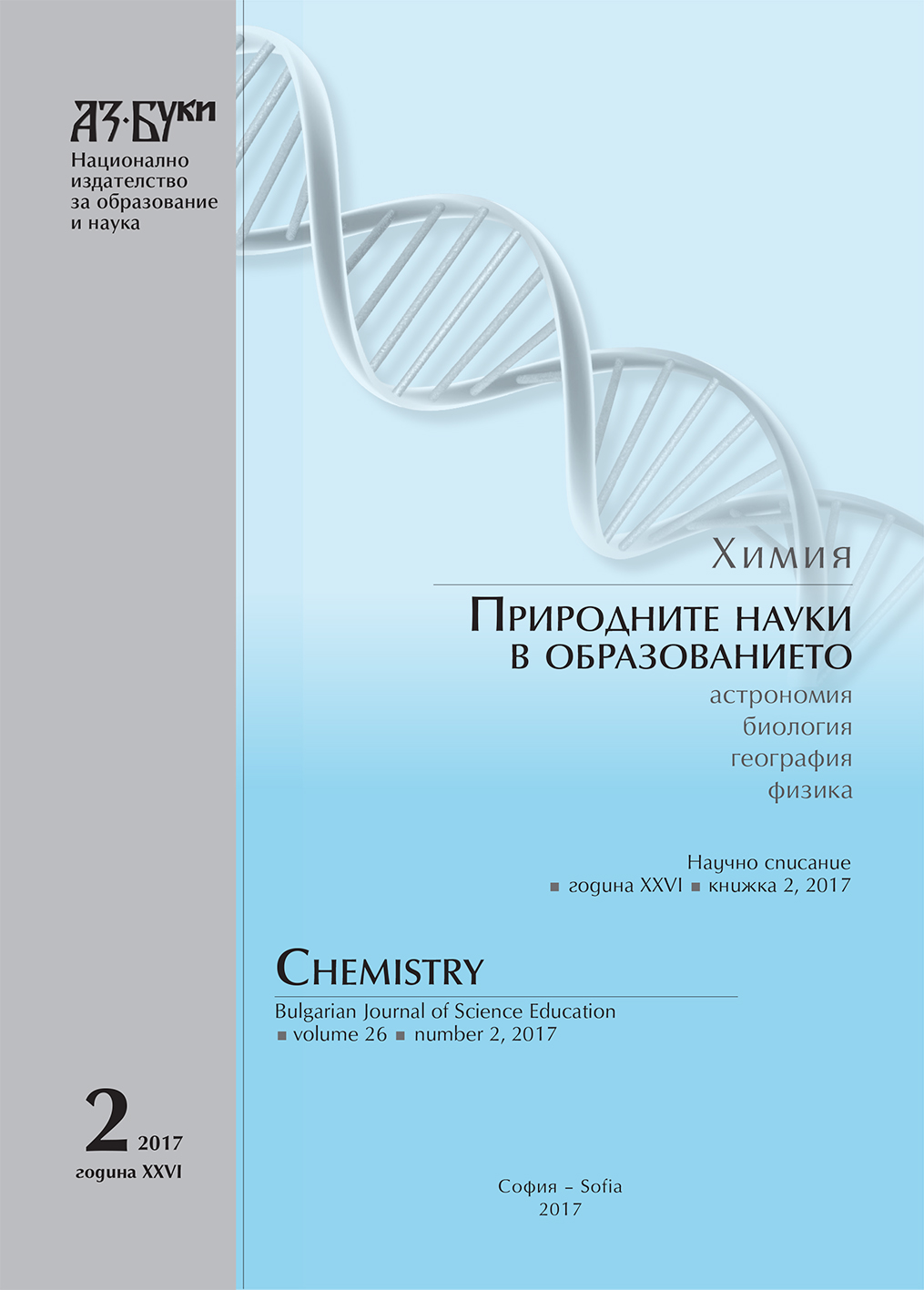Природнонаучната грамотност на учениците на XXI век – в търсене на концептуално единство
Students’ Scientific Literacy at the Beginning of the 21st Century: In Search of Conceptual Unity
Author(s): Teodora Kolarova, Mimya Dokova, Isa Hadjiali, Veselin AlexandrovSubject(s): Social Sciences, Education, School education, Vocational Education, Inclusive Education / Inclusion, Sociology of Education
Published by: Национално издателство за образование и наука „Аз-буки“
Keywords: scientific and science literacy; science and technology; school science education
Summary/Abstract: The aim of this study is to analyze the most frequently used definitions of the term „scientific literacy“ in the specialised literature and be integrated into a holistic construction essential features which are commonly identified. The methodological basis of the study are the ideas of epistemological constructivism. The theoretical analysis is focused on the definitions of the concept „scientific literacy “ in primary literature sources – articles and documents of international organizations as related to school science education. It has a focus on definitions of the early 90s of the 20th century and especially those after the beginning of the 21st century – the time of intensive educational reforms globally whose general trend is to develop scientific literacy for all students. We have found common aspects between the different definitions by comparing of preliminary extracted components which function as criteria and indicators in the analysis undertaken: (1) Knowledge – factual and conceptual knowledge of the natural world; understanding of the nature of science. (2) Skills and abilities – scientific inquiry of nature phenomena in school setting; solving and decision-making on socio-scientific issues in learning context; communication and collaboration with others. (3) Attitude and behavior – awareness and evaluation of the interactions between science, technology and society; value attitudes and responsible behavior towards the environment. (4) Metacognition – metacognitive knowledge and metacognitive skills. The results of the analysis are the basis for designing a general model which presents our views of scientific literacy in the early 21st century as a holistic construct. It brings together four interrelated dimensions – cognitive-epistemic, functional, social and metacognitive. These dimensions operate simultaneously in certain context (personal, social and/or global) with leading and integrating role of metacognition.
Journal: Химия. Природните науки в образованието
- Issue Year: 26/2017
- Issue No: 2
- Page Range: 171-215
- Page Count: 45
- Language: Bulgarian
- Content File-PDF

